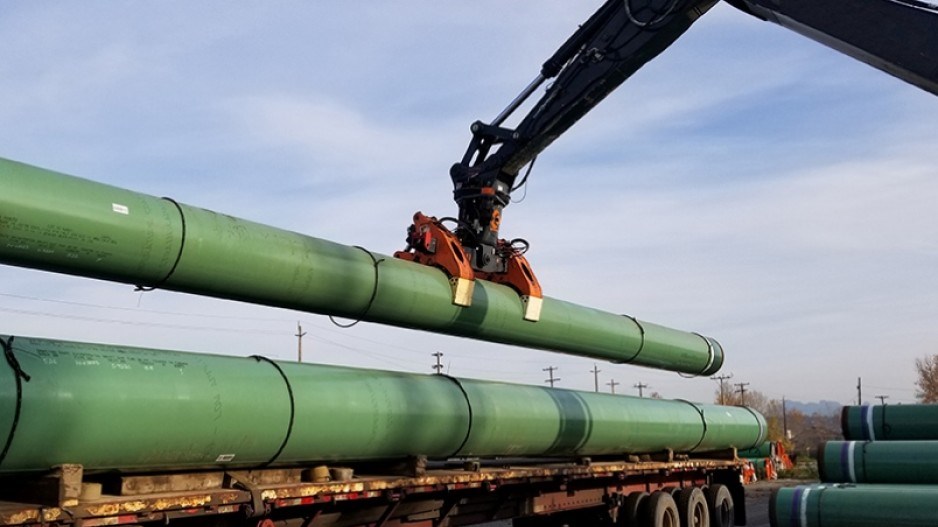The Canadian Association of Petroleum Producers (CAPP) and Independent Contractors and Businesses Association (ICBA) are applauding a Supreme Court of Canada ruling this morning that found the Impact Assessment Act to be unconstitutional.
The previous Canadian Environmental Assessment Act was replaced by the Trudeau government with the Impact Assessment Act (IAA) which the Government of Alberta challenged in court as federal government overreach.
“We are thrilled with this decision and what it means for the men and women who work in the construction and energy industries, their families, and every Canadian," said ICBA president Chris Gardner.
"We all benefit from Canada’s responsibly-produced natural resources, major projects and infrastructure. The Impact Assessment Act was an overreach by the federal government, and damaged Canada’s economy and prosperity, by driving away investment and creating uncertainty.”
CAPP, which represents Canadian oil and natural gas producers, was an intervener in the case, supporting Alberta's position that Ottawa had over-stepped its authority with the act. Alberta raised concerns that the act might unfairly squelch energy development in the province.
"As an intervener in this process, we agreed with the Alberta Court of Appeal that the provinces are best positioned to review and regulate resource development projects within their own borders, and we applaud the clear decision from the Supreme Court of Canada today," CAPP president Lisa Baiton said in a press release.
"We are pleased that this decision affirms the roles of each level of government. Regulatory certainty and efficiency are key to facilitating natural resources projects that are in the interests of Canada.
"In the spirit of the court’s call for cooperation, CAPP looks forward to collaborating with both the federal and provincial governments to ensure that projects in the national interest - those reinforcing energy security, providing lower emissions energy, and maintaining affordability to Canadians - will proceed in a timely manner.”
Michael Goehring, president of the Mining Association of BC (MABC) said the association is still reviewing the court decision, but generally welcomed the clarification the court has given with respect to the roles of federal and provincial governments.
"We encourage the Government of Canada and Parliament to expedite the legislative changes necessary to address the court’s findings to ensure investment confidence in British Columbia’s and Canada’s critical minerals and mining sector," Goehring said.
"We are pleased the Supreme Court of Canada also spoke to the need for both provincial and federal authorities to work cooperatively on environmental assessments for major projects. MABC has been advocating for better alignment and integration of provincial and federal permitting and authorization processes to reduce timelines, while ensuring the highest standards of environmental protection.”
Today's ruling was a reference case, so the act is not struck down. However, it is now likely to be a guide for the federal government to reform the act.
In B.C., there are dozens of projects subject to federal environmental reviews, though it is a patchwork, with some being considered under the previous CEAA 2012 act, and many are being reviewed in a substitution process, whereby the province is the principle reviewer.
The Ksi Lisims LNG project north of Prince Rupert on Pearse Island is one project that is being reviewed under the new IAA, through substitution. The FortisBC Tilbury Island LNG Phase 2 expansion project also falls under the IAA through substitution.
One of the concerns expressed over the new act -- as well as the replacement of the National Energy Board with the new Canadian Energy Regulator -- was that it would bog down energy projects with added regulatory burdens.
Earlier this year, the Canada West Foundation noted that of 25 projects submitted to the IAA three and a half years earlier, most were still only at Phase 2 or a four-phase project.
“The speedy review process promised by Ottawa was an illusion," Gardner said. "And today, it has been rightly struck down by the courts.”


